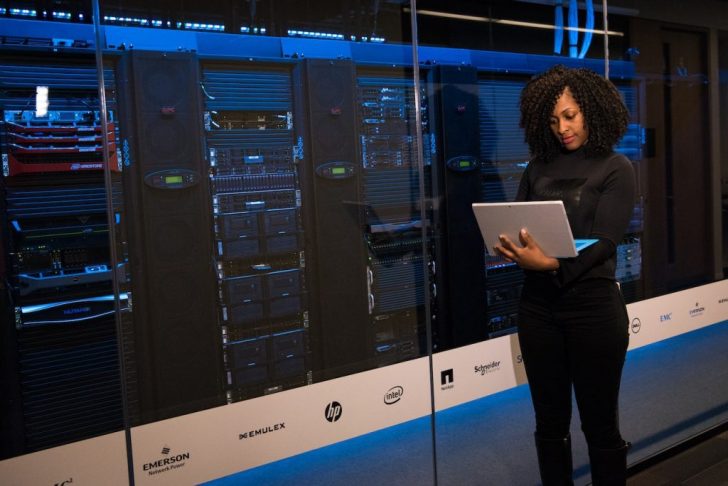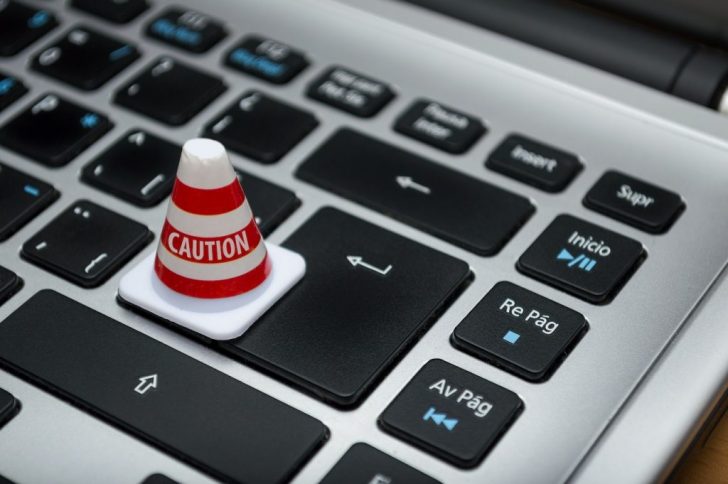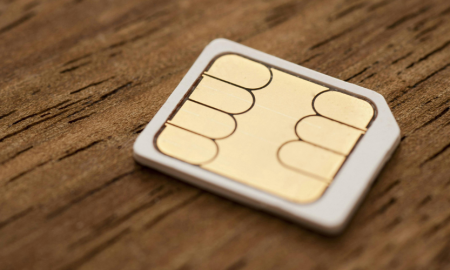
Here’s How You Can Protect Your Data From Malicious Thieves And Hackers

When making an online purchase or creating an account online, it is tempting to save banking details and passwords for the sake of convenience. But a data leak from even one of these sources could cost you big time. With the multitude of devices and the rapid shift to cloud storage, all our data is interconnected. Our accounts are synced, and financial data and password information is saved online knowingly and unknowingly. Data breaches are common and increasing, even on seemingly secure platforms, which is why it is your responsibility to protect your data. Follow these tips to help safeguard your data and devices.
Manage passwords properly

Christina Morillo/ Pexels | Nowadays, digital evolution must no longer be offered to a customer
Without strong password protection, you may as well be leaving the door of your virtual office open to anyone who wants to walk in, and this forms another of the most crucial data protection tips. Effective password policies are critical for every business. Ensure that passwords are to be changed regularly, such as every 90 days, and that old passwords cannot be reused. Guard against staff falling back on insecure options such as basing their passwords on their names, company positions, or other easy-to-guess terms. Audit password changes to allow you to keep track of when they change; this will also help to solve password security breaches.
Protect your Web browsing

Fernando Arcos/ Pexels | Your privacy is a treasure
A browser extension like uBlock Origin blocks ads and the data they collect. The uBlock Origin extension also prevents malware from running in your browser and gives you an easy way to turn the ad-blocking off when you want to support sites you know are secure. Combine uBlock with Privacy Badger, which blocks trackers, and ads won’t follow you around as much. To slow down stalker ads even more, disable interest-based ads from Apple, Facebook, Google, and Twitter. Many websites offer means to opt-out of data collection, but you need to do so manually. Simple Opt Out has direct links to opt-out instructions for major sites like Netflix, Reddit, and more. Doing this won’t eliminate the problem completely, but it will significantly cut down the amount of data collected.
Encrypt data on your USB drives and SIM cards

Markus Spiske/ Pexels | Digital freedom stops where that of users begins
Encrypting your data on your removable storage devices can make it more difficult for criminals to interpret your personal data should your device become lost or stolen. USB drives and SIM cards are excellent examples of removable storage devices that can simply be plugged into another device, enabling the user to access all the stored data. Unless, of course, it’s encrypted.
Your USB drive could easily be stolen and put into another computer, where they can steal all of your files and even install malware or viruses onto your flash drive that will infect any computer it is plugged into. Encrypt your SIM card in case your phone is ever stolen, or take it out if you are selling your old cell phone,
More in Business
-
`
Sean Combs Mentored Inmates in Jail, Teaching Them to Think Like a Mogul
Sean “Diddy” Combs spent part of his recent time in jail teaching fellow inmates about business, entrepreneurship, and personal development. The...
October 7, 2025 -
`
Why Istanbul Is the New Celebrity Hotspot for Style and Wellness
Celebrities are constantly reinventing themselves—sometimes through a new sound, other times through a striking new look. But the latest wave of...
October 1, 2025 -
`
Is Apple Ditching the SIM Card With Its Latest iPhone?
For years, sliding a tiny SIM card into a phone has been the first step to getting connected. Apple now appears...
September 23, 2025 -
`
Why New York Nightlife Keeps Attracting Visitors Worldwide
New York comes alive after dark in a way few places on earth can match. The city never limits itself to...
September 16, 2025 -
`
How Celebrities Are Taking Over the Business World
The definition of celebrity success has expanded well past awards and sold-out tours. Today, many Hollywood names are equally focused on...
September 9, 2025 -
`
Which Foods Should You Avoid When on Holiday?
Vacations are meant to be filled with unforgettable moments, but one wrong meal can turn a dream trip into a health...
September 2, 2025 -
`
Quantum Computing Set to Give Commercial Real Estate a Major Lift
Quantum computing is no longer a concept confined to research labs. It is steadily moving toward commercial use, and with that...
August 26, 2025 -
`
Is Your Office Suffering from ‘Culture Rot’? Here’s How to Spot It
A healthy workplace doesn’t need to be perfect, but it should inspire productivity, respect, and trust. Yet, an alarming trend is...
August 19, 2025 -
`
The Small Businesses That Built Musk’s Empire Are Now Bankrupt
What looked like a dream deal for small businesses working with Elon Musk’s companies turned into a financial nightmare for many....
August 12, 2025















You must be logged in to post a comment Login